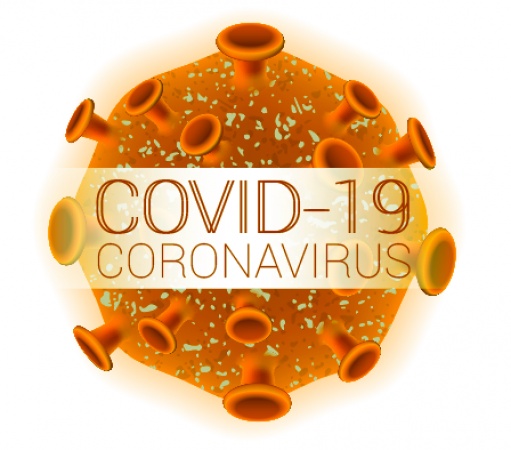Marriage is a forever journey and so beautiful, and some pre-marriage medical tests cannot be overlooked. This is because It’s a celebration of love, commitment and true friendship. Thus, while all preparations are ongoing, an aspect you should never forget is your health status, both of you.
Health status is a summary of your physical and psychological well-being. Hence, usually, when people make up their minds to go on the forever journey together, it is often advised (if not mandated) that they consult a doctor, run a series of checkups, and take pre-marriage medical tests to ascertain their health status.
The importance of these tests can not be overemphasized. Reasons for these tests include:
1. Early detection: This is very important because it offers an opportunity for treatment early on before the marriage.
2. Preparedness: Pre-marriage medical tests would equip you and your partner with the needed information to keep yourselves safe and prepared in cases of diagnosed infections or conditions.
3. Ease decision-making: Certain health concerns can frustrate compatibility and affect children negatively Healthwise. A pre-marriage test can help couples make the right and most informed decisions in the interest of their well-being and that of their unborn children.
Some of the pre-marriage medical tests include:
Blood Group and Compatibility Tests
One of the most important of the list of tests necessary for couples to get done is the blood group and compatibility tests. These tests usually help couples stay informed on their respective blood groups and compatibility for blood donation in future.

Blood group and compatibility tests also keep the couple in the loop of risks and factors associated with rhesus factor – a condition that causes antibodies in a pregnant woman to destroy the blood cells of her foetus.
Checking blood group compatibility would automatically have your rhesus factors checked. In cases of incompatibility, the woman would be prescribed Rh Immune globulin which is to help ease off risks associated with pregnancy by ensuring the healthiness and safety of the foetus if you are already pregnant or about to conceive
Genotype Check:
Genotype and genotype compatibility is important as a pre-marriage medical test because it affects future offspring directly. The genotype of parents defines the genotype of offspring. Genotypes are integral players in your body’s genetic make-up and determine whether a future offspring could be a sickle cell carrier.
Given the seriousness of sickle cell disease, doctors often advise that specific genotype groupings should not pair up in marriage to avoid the risk of kid(s) with the sickle cell condition. They include AS, AC, SS, and SC genotypes.
The AUN health centre made a simpler breakdown for understanding when to seek medical advice:
AA + AA = AA, AA, AA, AA ☑️
AA + AS = AA, AS, AA, AS, ☑️
AA + SS = AS, AS, AS, AS, ☑️
AA + AC = AA, AA, AA, AC ☑️
AS + AS = AA, AS, AS, SS, ❌
AS + SS = AS, SS, SS, SS, ❌
AS + AC = AA, AC, AS, SS. ❌
SS + SS = SS, SS, SS, SS, ❌
AC + SS = AS, AS, SS, SS, ❌
AC + AC = AA, AC, AC, SS. ❌.
It is advised that prospective partners take these pairings seriously because bringing a child into the world to suffer is not the best decision whatsoever
STD Screening:
Couples who have been sexually active are advised to run screening on possible sexually transmitted infections including but not limited to syphilis, gonorrhoea, herpes, chlamydia, bacterial vaginosis, and yeast infection.

Usually, the help this pre-marriage medical test offer is early detection and treatment. Early treatment would ensure that post-wedding, both of you are safe to lead a smooth and healthy sexual life.
Fertility Test:
Procreation is intricate and important when getting into the lifelong commitment of marriage.
There are some things to check for fertility. Some include PCOS (polycystic ovary syndrome), hormonal imbalance, fibroids, cervical cancer, endometriosis in women, as well as sperm counts, prostate cancer, and sterility in men.
Family Medical History:
It is also important to know the medical history of your partner’s family. Genetically transferred diseases like Hypertension, Diabetes and mental illness should be looked into to take preventive measures to eliminate the chances of it occurring in your partner
Hepatitis:
Hepatitis is a disease of the liver that seriously affects its function and could lead to death. It is transmitted through sex, and bodily fluids like blood, sweat and saliva. Couples who have been sexually active need to undergo tests for hepatitis in all its variances i.e hepatitis A, B, C
Read Also: Clarifying the Problems Spinning Around Abortion
In conclusion
These tests are some of the few tests that need to be carried out. Your physician may recommend more tests for you to carry out and it is important to heed the doctor’s advice.
Enjoy your marriage!
- Written by Lady Efenyi; a nursing student at the University of Calabar, Nigeria




